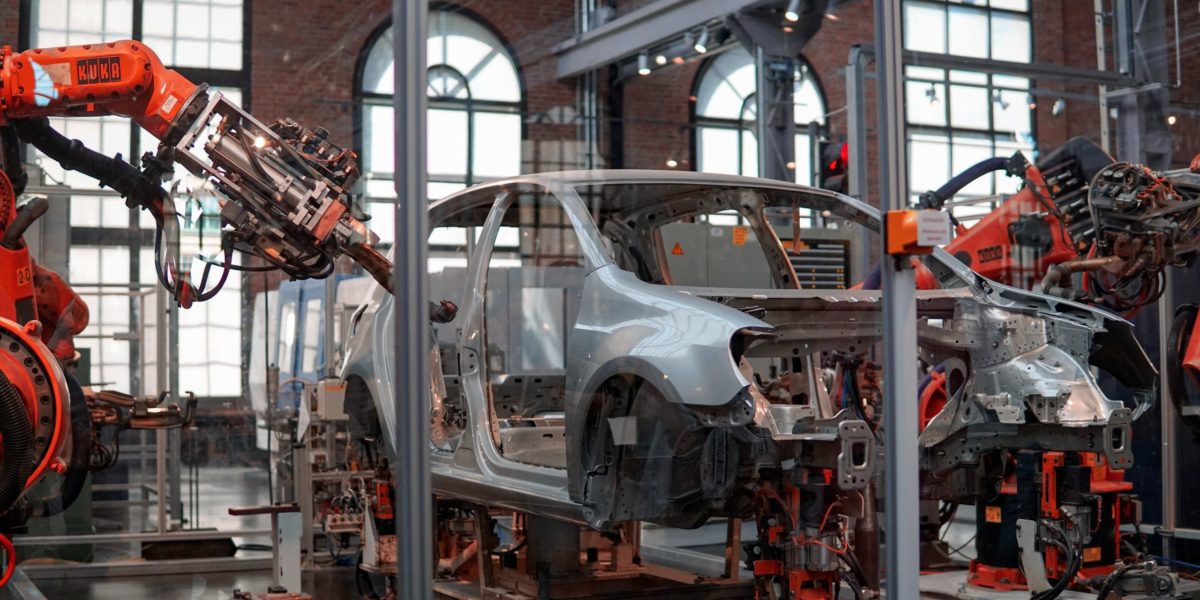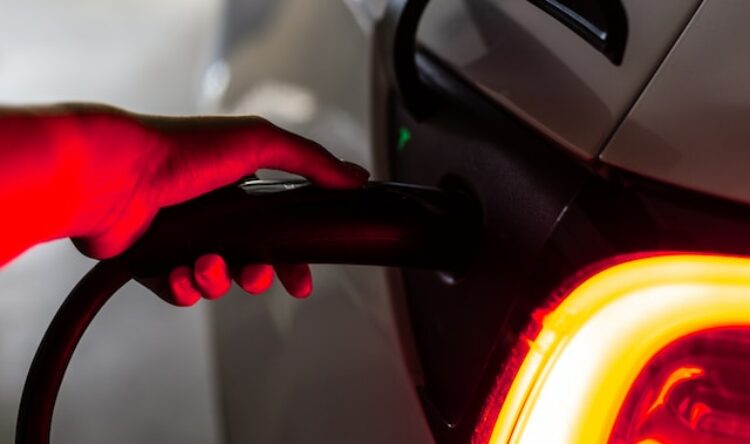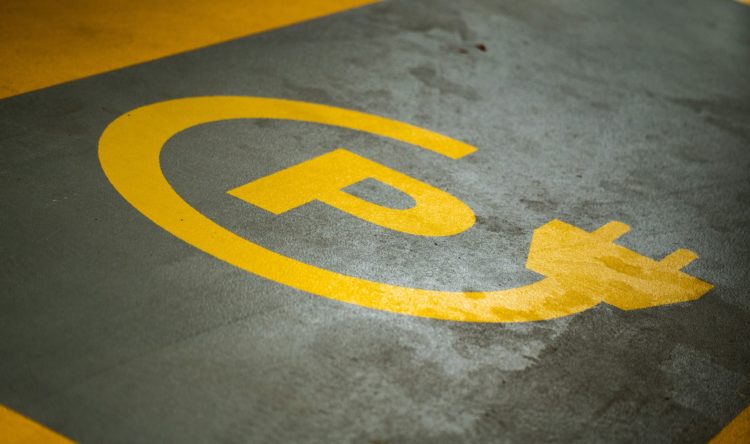More problems for car manufacturers
Parts and raw materials struggling to reach the car plants
It’s not just chips, but nearly all raw materials, including steel, that are holding up new car production.
This is the conclusion of research by Cox Automotive and Grant Thornton.
One after the other
Just last week, Jaguar Land Rover (JLR) warned leasing companies that lead times for 53 model variants are now in excess of one year.
Facing the same supply issues, Mercedes-Benz has also warned of issues. It has removed specification features from certain models “from late June production and until further notice”. This means delivery times will be extended.
Toyota first announced a 40% cut in worldwide production in September. Its plan to produce 900,000 cars next month will now be 540,000 units instead.
Every car- and van-maker is being impacted by the computer chip crisis. Almost 95% of fleets responding to a Fleet News poll said they were experiencing vehicle delays.
Supply and demand
Owen Edwards, associate director at Grant Thornton UK, said there are numerous issues. the supply chain is creaking, including “shortages of raw materials and high raw material prices”. As well as supply delays of new vehicles, prices are likely to rise as a result.
Vehicle software company VNC Automotive warned that the global semiconductor shortage will have a greater impact on the automotive industry than the pandemic.
However, Edwards says that carmakers have reasons to be optimistic about the short-term outlook. “They are resistant to disruption and adversity, and demand for vehicles is still robust”. He added that the prolonged period of low-interest rates has made borrowing affordable. “Demand is expected to continue this year, but clearly questions remain around the short supply of vehicles.”
Pandemic positivity
The joint report from Cox Automotive and Grant Thornton reveals the extent of manufacture-related disruption due to the pandemic.
There were significant losses affecting all major manufacturers in the early stages of Covid-19. Chinese manufacturers suffered the earliest hit due to plant closures, closely followed by the rest of Europe.
However, major manufacturers such as Tesla, General Motors, Kia and Toyota still managed to make a profit. What’s more, they rebounded quickly to growth halfway through the pandemic.
Fighting fit
Many manufacturers counteracted the drop in new car sales over lockdowns by reducing prices. The cost reductions meant that the business generated less severe losses than investors had expected.
Philip Nothard, insight and strategy director for Cox Automotive, said the findings demonstrate that it is “not all doom and gloom”. Manufacturers have done “extraordinarily well to bounce back” using “some using highly creative methods”.
Even in the current pats and materials shortages, manufacturers are finding ways to keep moving forward. “Manufacturers have demonstrated that they can be agile and adaptable enough to ride these situations out, which offers some hope for future recovery.”






